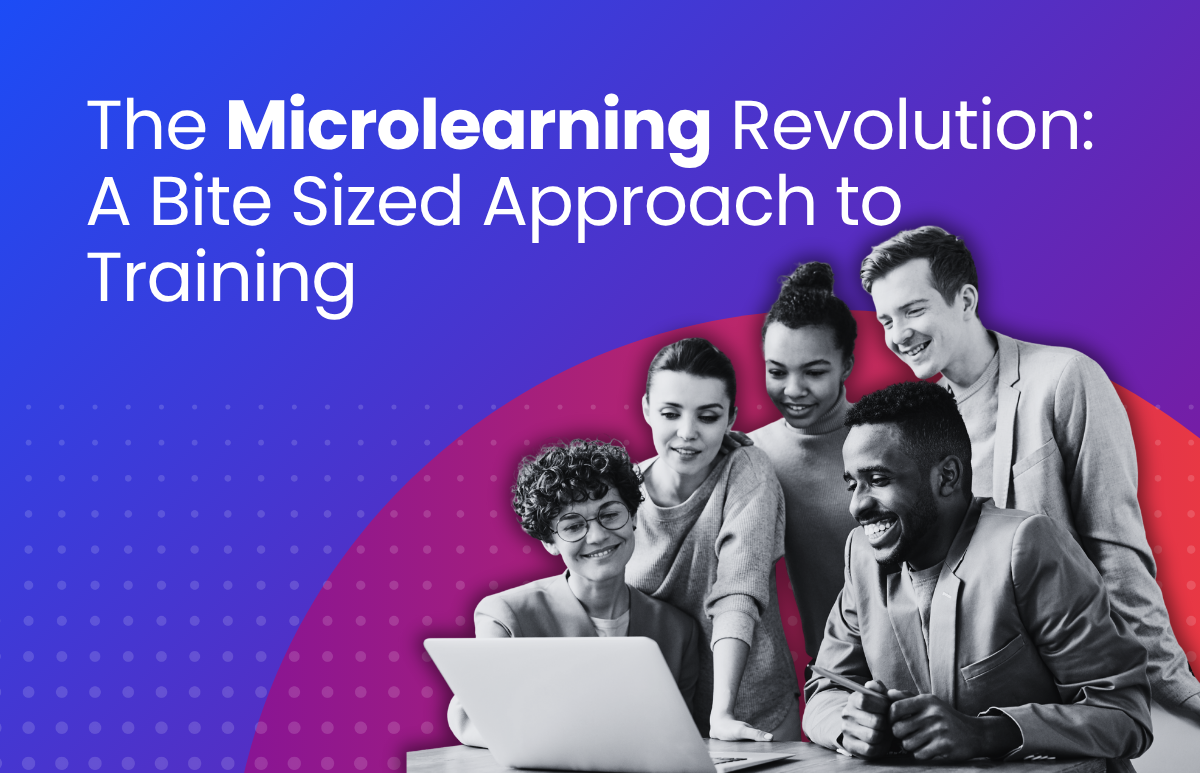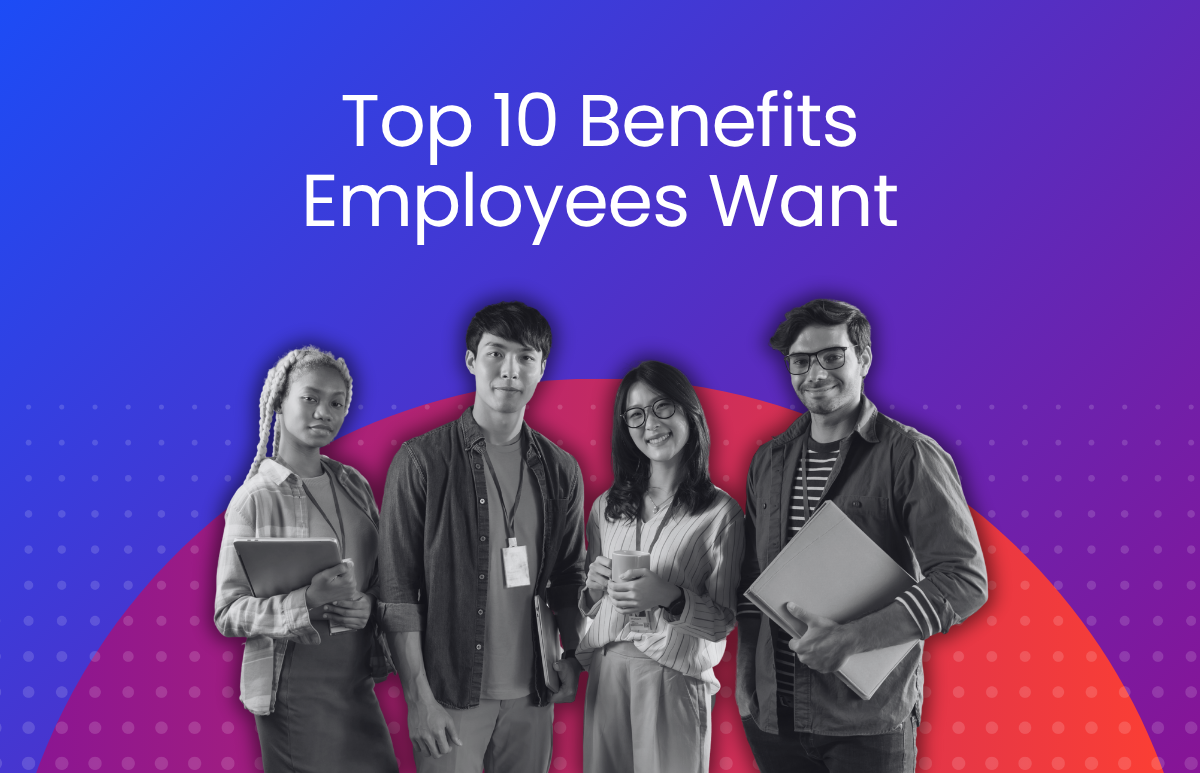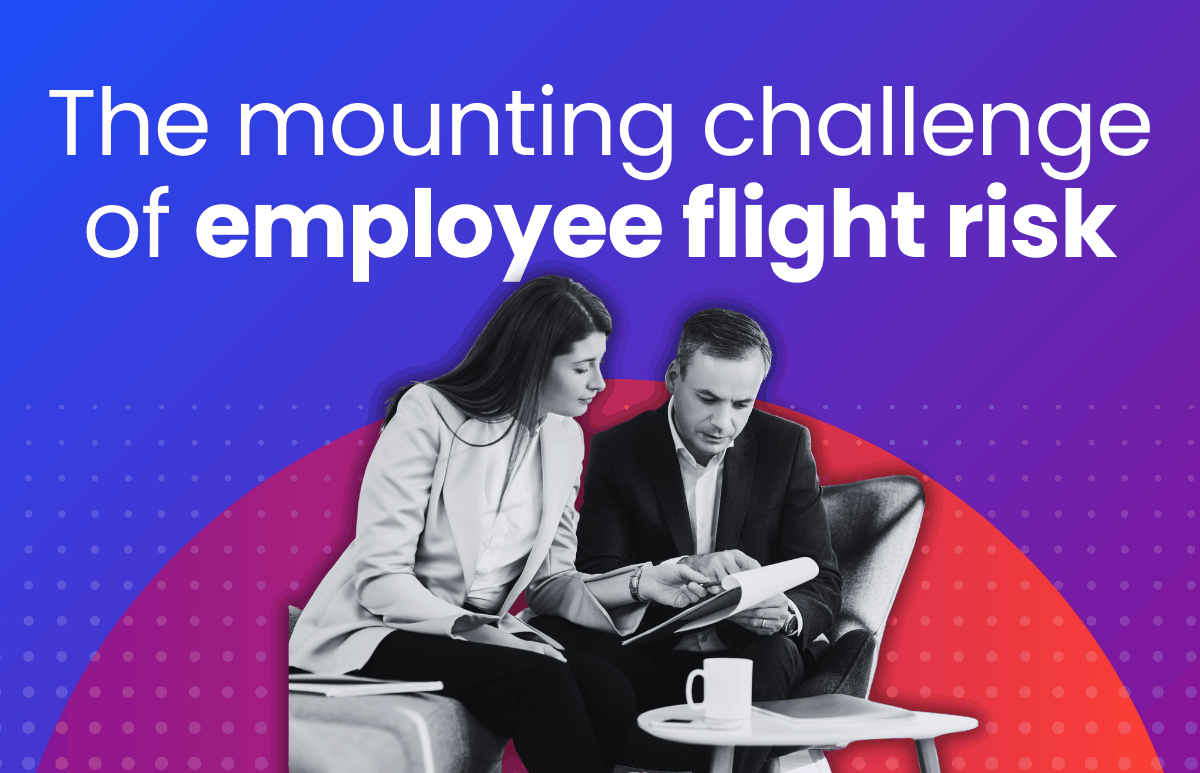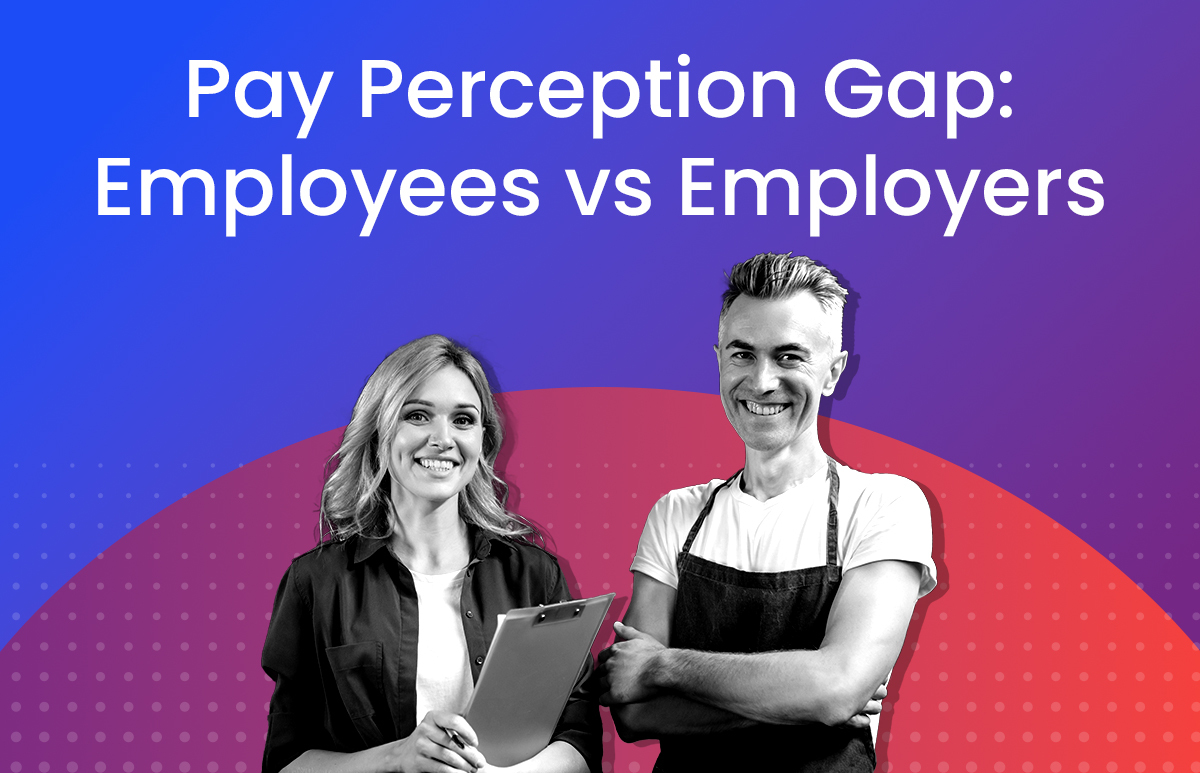Why Employers Should Become Educators

Jaded by tales of corporate greed and misconduct, millennials and Gen Z are losing faith in their employers. That’s the overriding theme of this year’s Deloitte Millennial Survey, which canvased the views of over 12,000 younger workers globally and found “a dramatic, negative shift in millennials’ feelings about business’ motivations and ethics”.
However, it’s not all doom and gloom; there are steps employers can take to win back these younger employees – and a lot of it comes down to preparing them for an uncertain future.
Born between 1980 and the early 2000s, millennials today make up 50% of Australia’s workforce – a figure that will escalate to 75% by 2025. If sheer numbers count for anything, their concerns are worth listening to. This voice is magnified with increasing numbers of millennials taking on senior positions, from which they can address society’s challenges and the challenges within their own business. Gen Z, the next generation, is currently a smaller cohort only just entering the workforce.
The size of these 2 generations was reflected in Deloitte’s study, with 10,455 millennials and 1,844 Gen Z being surveyed worldwide. 502 millennials and 318 Gen Z were interviewed from Australia.
The top employer priorities for millennials were pay (63%), a positive work culture (52%), and flexibility in the workplace (50%) – many millennials view the gig economy as an attractive alternative or adjunct to their jobs. In addition, nearly a fifth of 24 to 35-year-olds surveyed said reputation for ethical behaviour, diversity and inclusion, as well as workplace wellbeing were important when choosing an employer.
However, less than half of those surveyed believe businesses behave ethically, while 83% of those surveyed believe businesses focus more on their bottom line over the good of greater society.
A focus on Industry 4.0 technology
There were mixed views on technology. Thirty-eight percent of millennials report that their organisation already makes a large or fair amount of use of Industry 4.0 technologies such as advanced automation, advanced connectivity, AI or robotics to perform mechanical tasks or analysis previously done by people.
Overall, the majority of millennials (and half of Gen Z respondents) believe Industry 4.0 will augment their jobs, giving them more time to focus on creative, “human”, and value-added work. A little more than one-fifth do not expect to be affected, but many do feel threatened.
While only 17% of millennials expect Industry 4.0 to replace all or part of their jobs, this increases to 32% among those whose organisations already use Industry 4.0 technologies extensively.
Preparing for the future: Employers as educators
It appears millennials and Gen Z recognise the current and future importance of Industry 4.0, but many feel unprepared for the changes it will bring.
- Fewer than 4 in 10 (36%) millennials and 3 in 10 (29%) Gen Z believe they are fully prepared and have all the skills and knowledge they’ll need.
- Millennials credit school or university studies with 23% of the skills, knowledge and experience they currently have or use in their jobs; among Gen Z, only a few years after graduation, the figure is still only 26%.
- This is where employers can play a critical role. On-the-job training from employers or from continuous professional development carries much more value for these workers. Combined, these two sources are estimated to contribute 52% of what millennials draw on at work (44% for Gen Z).
- Looking forward, about 80% of millennials say that on-the-job training, continuous professional development and formal training led by employers will be important to help them perform at their best.
Deloitte states: “Employer training and support quite obviously help millennials and the Gen Z cohort perform their jobs, and as their careers progress, the role of employer as educator will take on even greater significance.”
The concept of businesses as educators has been gaining traction, and this year’s survey results clearly demonstrate how learning & development can be a valuable retention tool: 73% of those who plan to stay with their employers more than five years say their organisations are strong providers of education and training.
Required and desired skills
What skills do millennials and Gen Z believe they’ll need to thrive in this era? Surprisingly, they want more than just skills on how to use the new technology. Instead, they are keen on interpersonal skills, knowledge of ethics/integrity, and building confidence.
Gen Z respondents also feel they need to develop their confidence and interpersonal skills, but they expect to improve based on experience more than from employer-sponsored training. They also anticipate looking to employers for both formal and informal support in areas such as communication, leadership, finance and economics, languages, having a global mindset, and analytical skills.
There is a disconnect occurring between what employees are seeking and what employers are delivering. More than a third of millennials (36%) say it is “essential” to a company’s long-term success that its employees and leaders have strong interpersonal skills, but only 26% are offered much help or support in developing them. A similar support deficit exists in the areas of confidence/ motivation, ethics/integrity, critical thinking, and innovation/creativity.
The way forward
In its report summary, Deloitte stated: “Respondents are disappointed that business leaders’ priorities don’t seem to align with their own – but where matches exist, the perception is that those companies are more successful, have more stimulating work environments and do a better job of developing talent.”
Looking to become a talent magnet for all employees, regardless of age? ELMO Cloud HR & Payroll offers a suite of learning solutions to help position continuous learning as a key component of your employee value proposition. ELMO Learning Management Software helps keep track of employee training needs, course completion rates and compliance requirements. ELMO Course Library provides employers with over 400 regularly updated courses across a wide range of topics, which can be accessed from anywhere and at any time. ELMO Course Builder simplifies the creation of bespoke online learning content, which can be branded with your organisation’s colours, logos and images.
 HR Core
HR Core 









